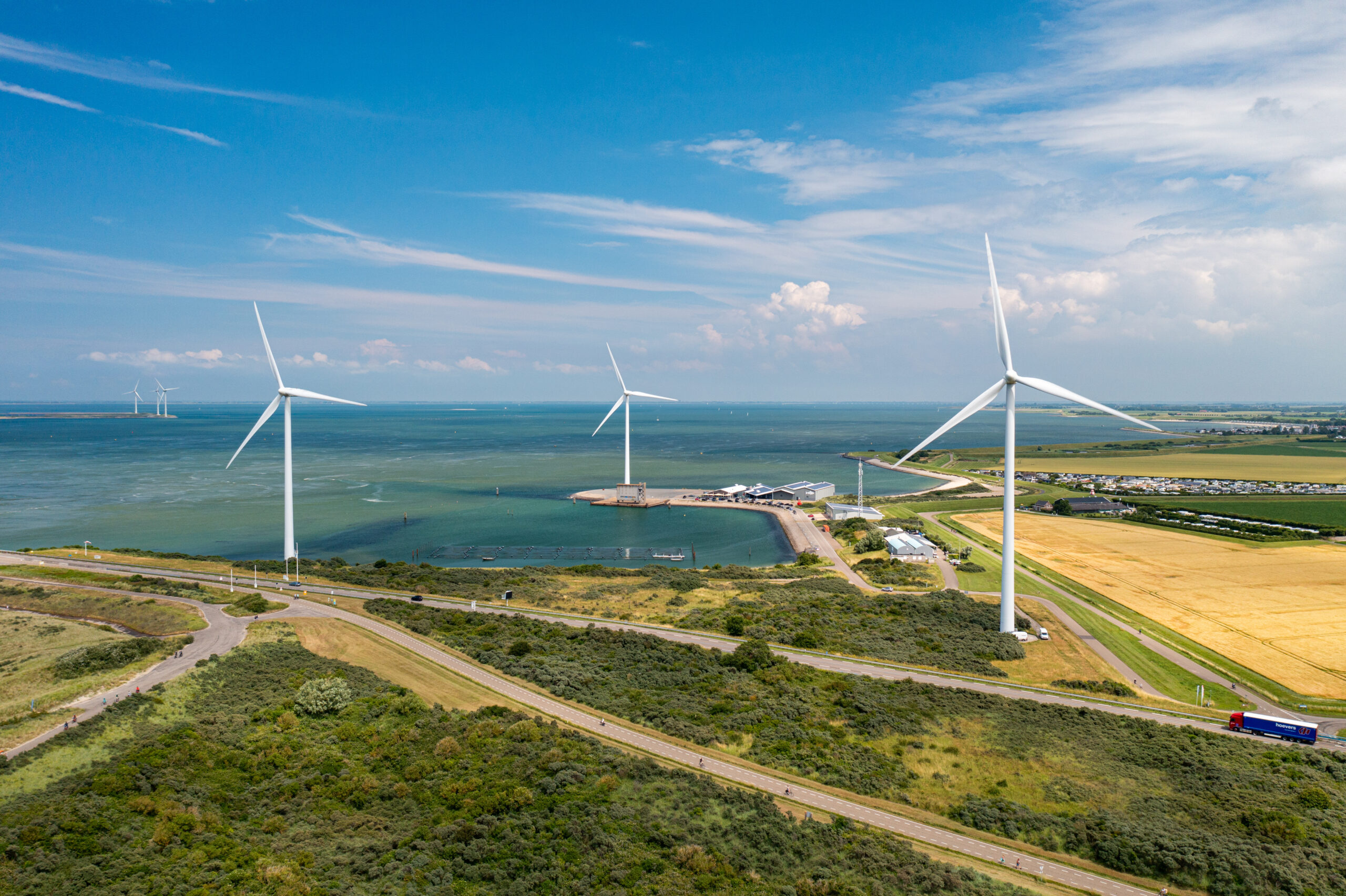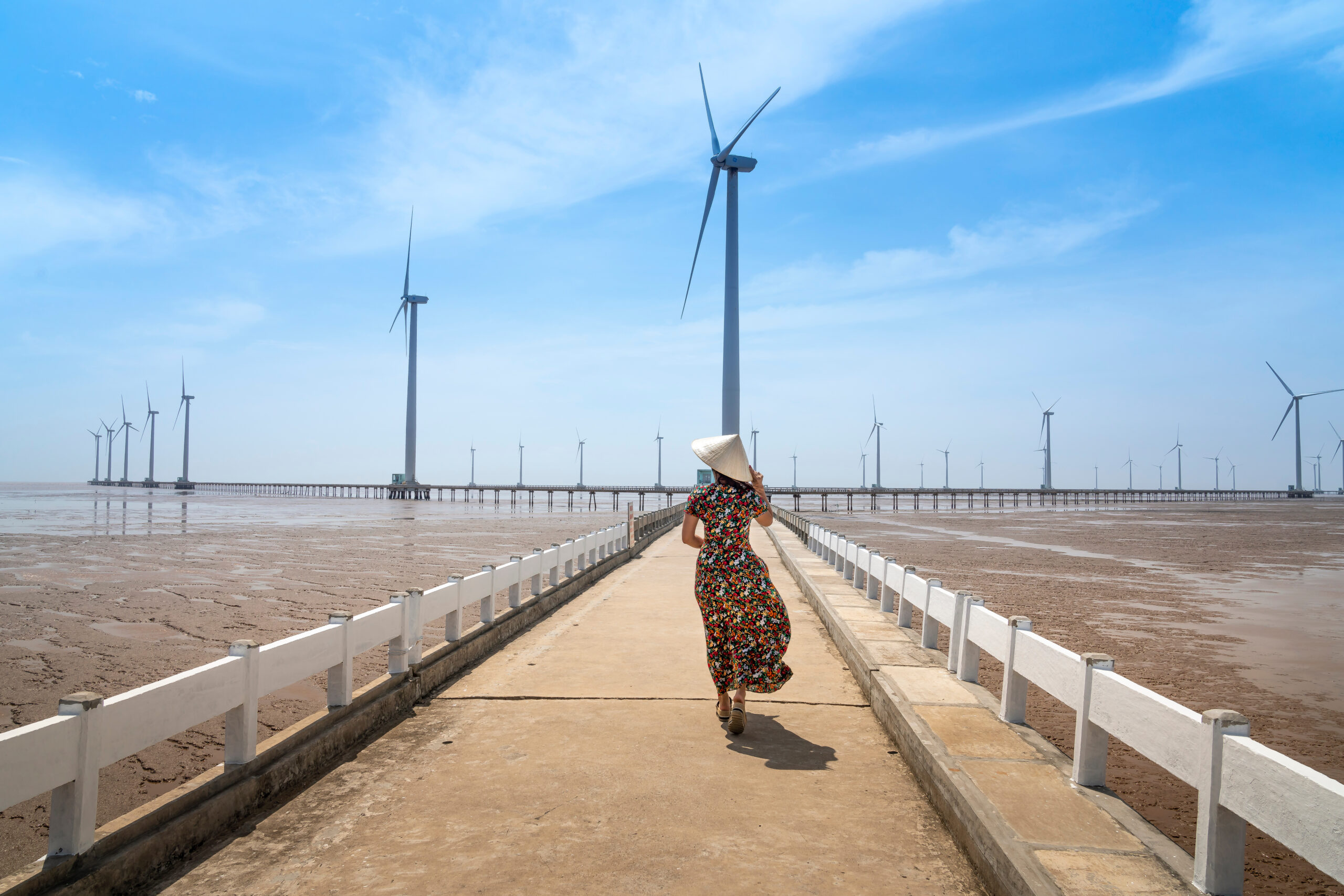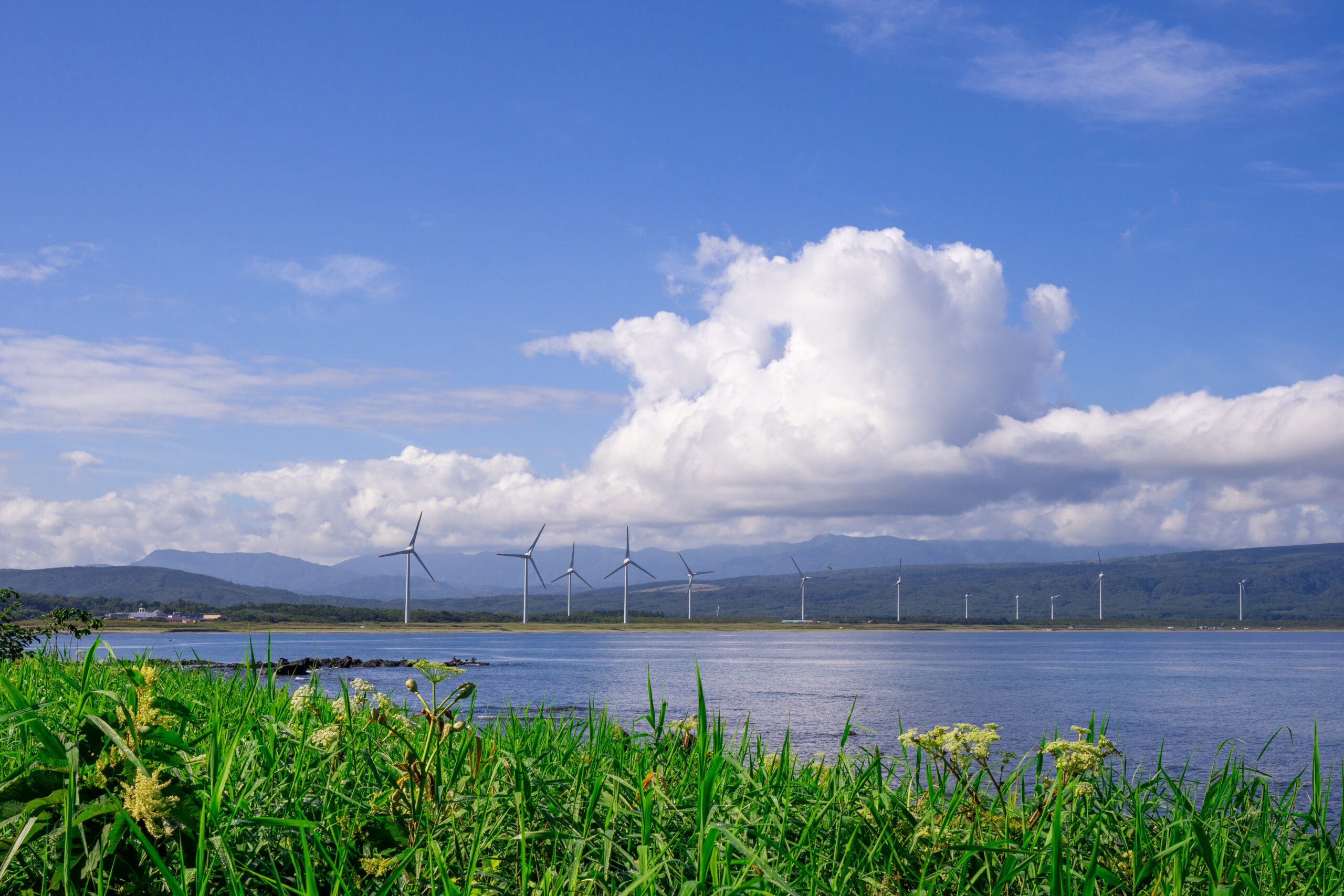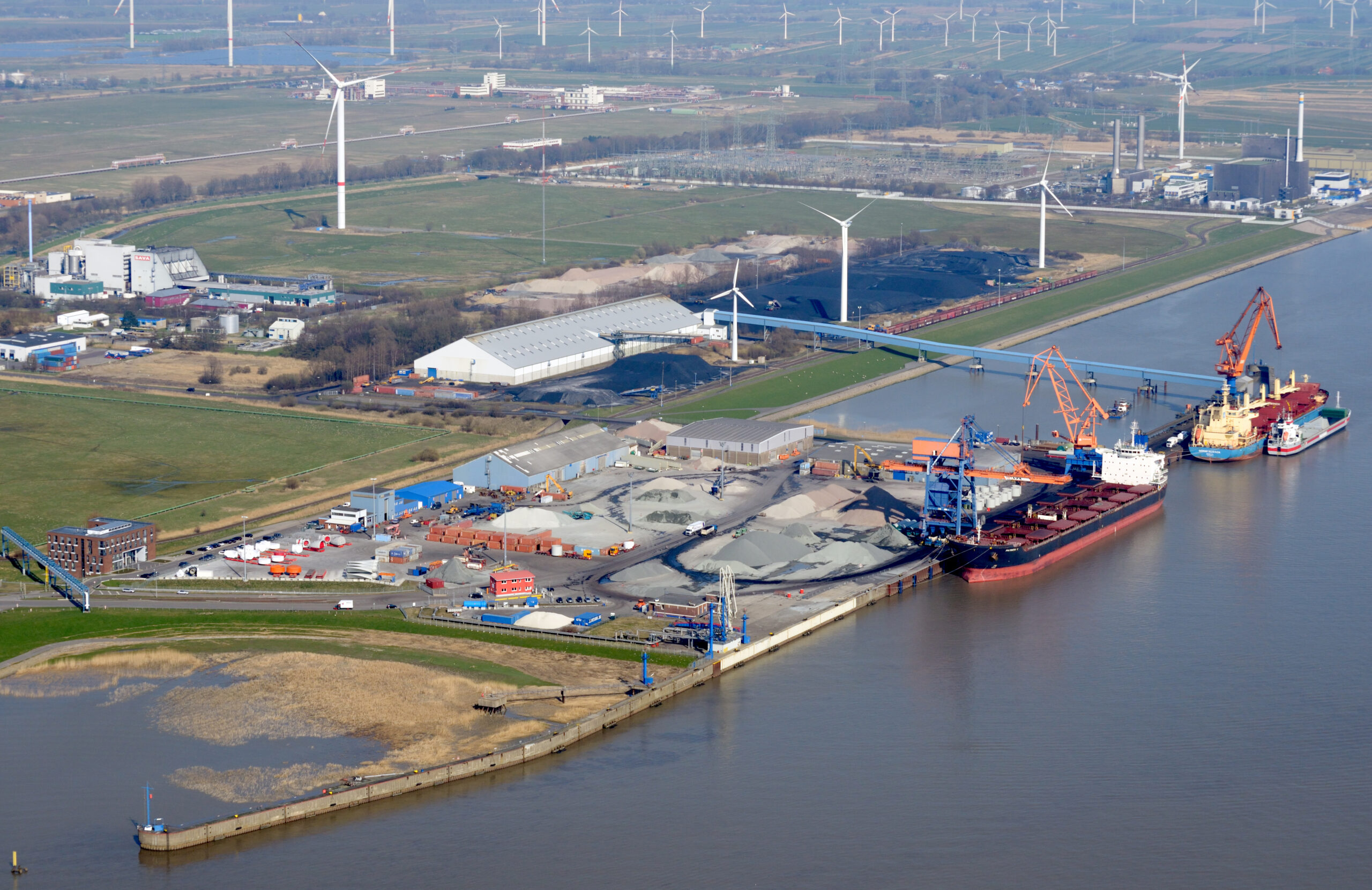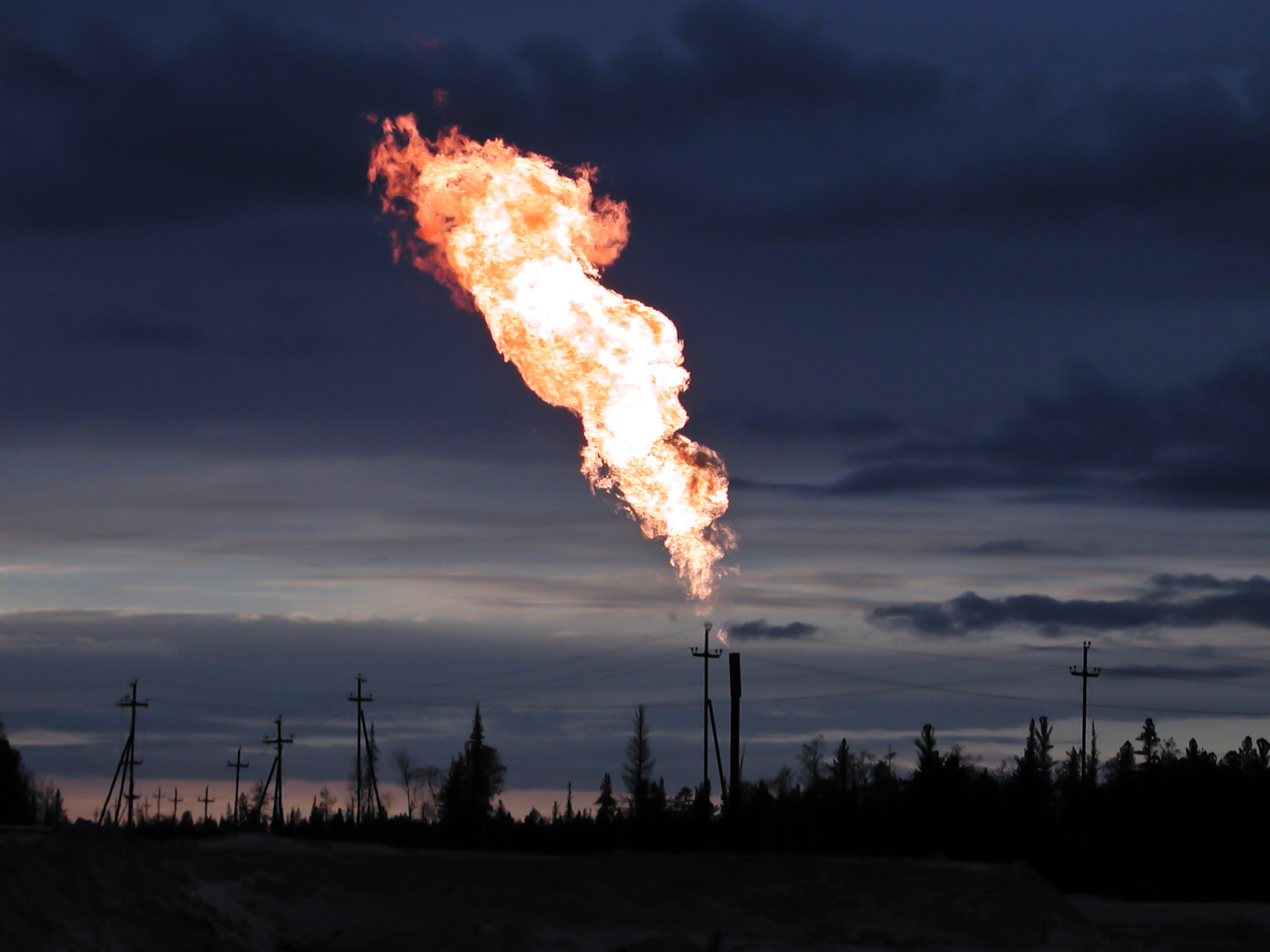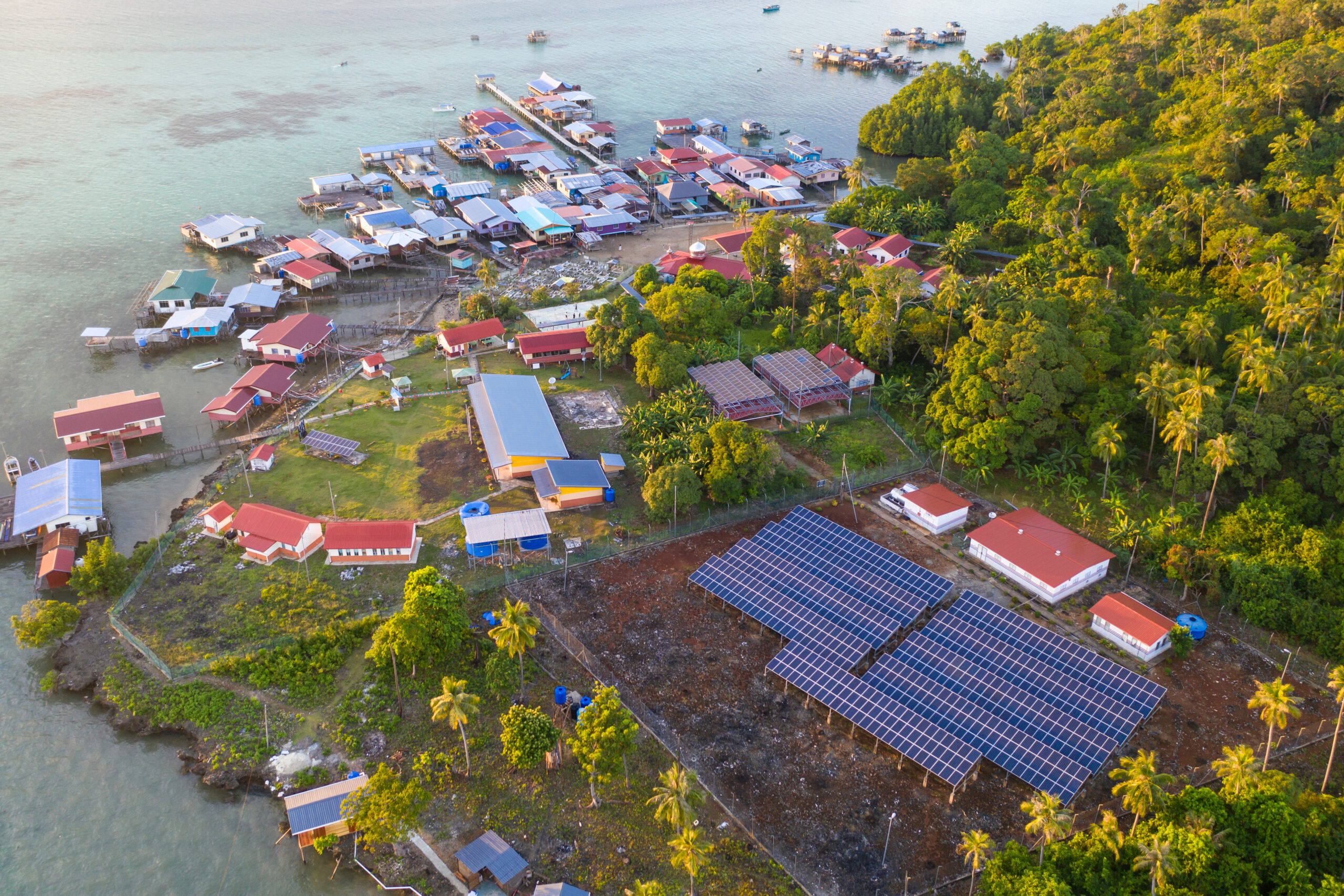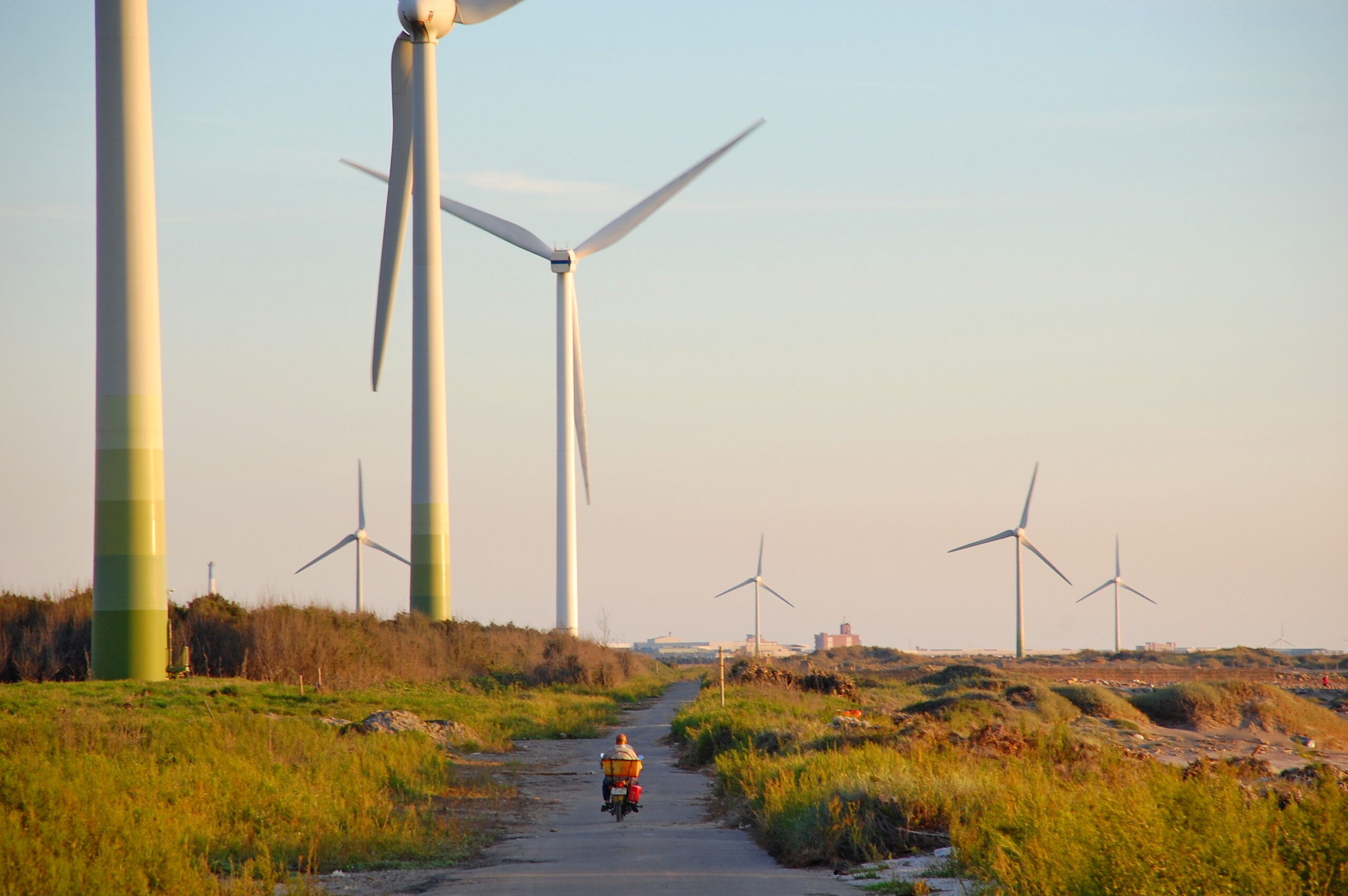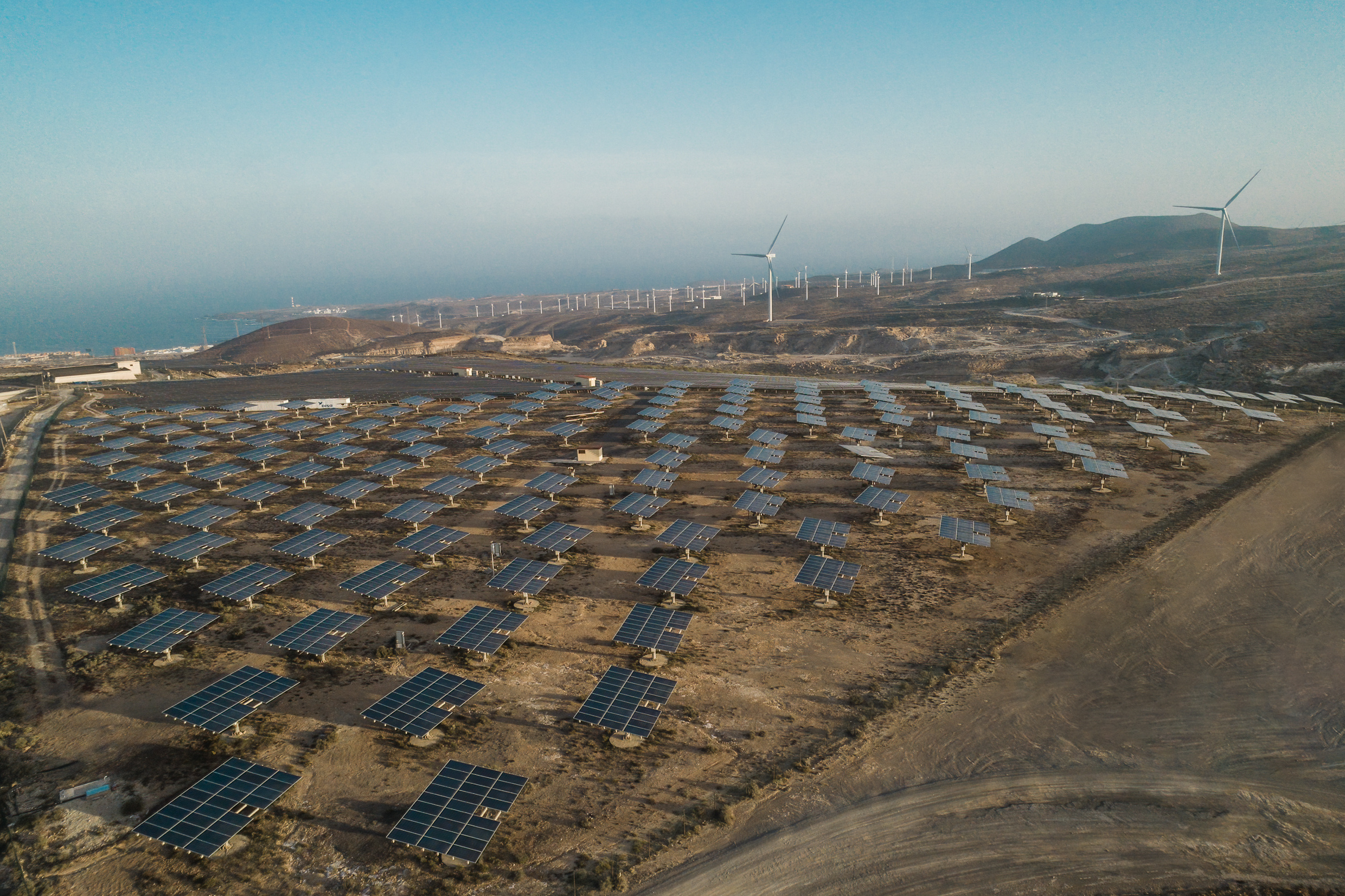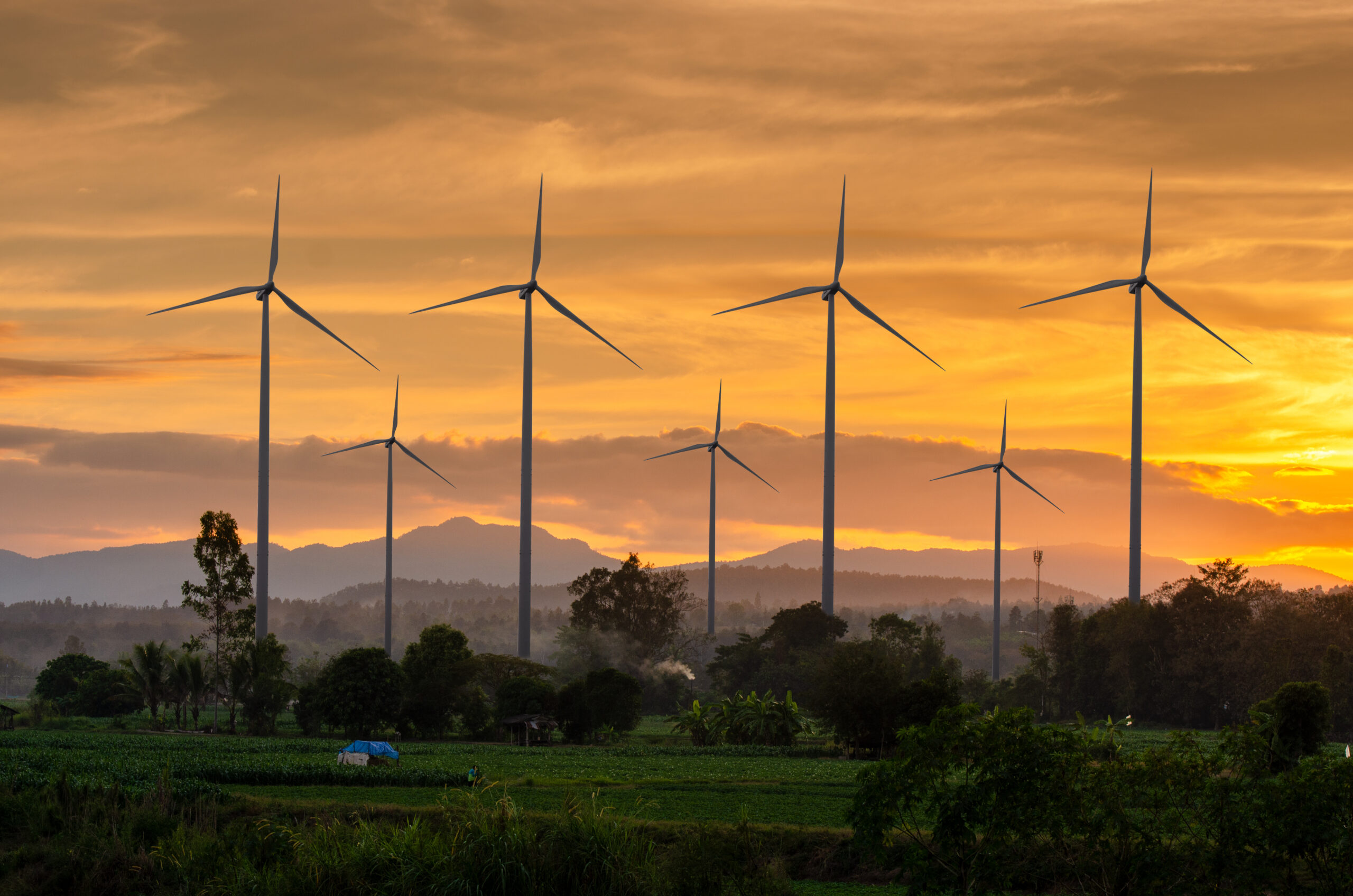Renewables
The two tenders formed part of Algeria’s national plan to install 15,000 MW of solar capacity by 2035.
The Netherlands wants to achieve 21 GW offshore of wind capacity by the end of 2031, a target deemed ambitious yet achievable. All eyes are now on the country’s next offshore wind tender which will take place at the end of February.
China’s Belt & Road Initiative has been making a hard pivot from fossil fuel project investment to more renewables in recent years.
Japan has vast wind power potential that remains undeveloped, especially floating offshore, a recent report found.
A new Nigeria-Germany gas export deal has raised concerns about potential impact on decarbonisation targets.
An Africa Energy Chamber report advocates for Africa to minimise gas flaring, prioritise utilisation, impose penalties, and boost renewables.
The Malaysian renewables sector got a major boost recently when Abu Dhabi Future Energy Company pledged to invest US$8bn, but solar and hydropower are still being prioritised over wind in the country.
Renewable energy expanded by 50 percent last year, and explosive growth is expected to continue this decade, according to the IEA. The switch to renewables is still not happening fast enough, but the tripling of capacity by 2030 is possible.
A new study finds that adopting CCS across many polluting sectors would cost $30 trillion more than a low-CCS scenario. Experts say the fossil fuel industry’s preferred solution would be “highly economically damaging.”
Renewable energy capacity additions are set to increase by a record 107 GW year on year to reach 440 GW globally in 2023, an IEA report said.
Japan is considering its nuclear future to help reach its 2050 net zero goals, but opponents still point to safety concerns. Renewable projects, despite a lack of available land mass, remain a viable long-term alternative.


